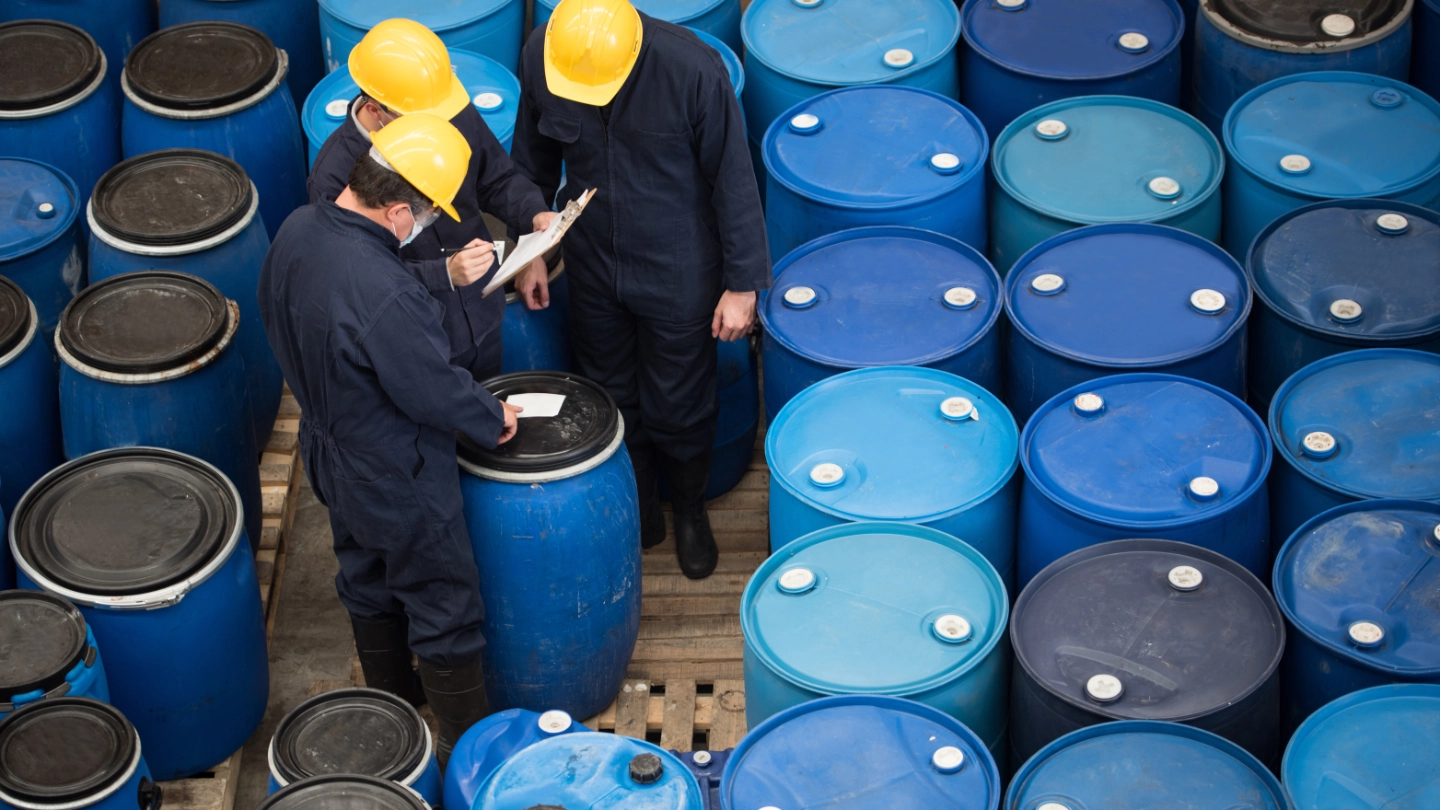
2023 has been a disappointing year so far for the global chemicals market, with output growth predicted at just 0.1% for the whole year. What growth there is in the market has mainly been generated from Asia-Pacific. Meanwhile, the Americas and Europe recorded contractions.
So why is the industry facing such a bleak year? The reasons are complex and are rooted in the industry’s reliance on energy, feedstocks and consumer confidence. The chemical industry was amongst the worst impacted by the energy crisis. Output is heavily reliant on oil and gas as feedstocks and requires energy-intensive manufacturing processes. High inflation and tight monetary policies are keeping feedstock prices high and are also causing buyers and consumers to cut back on spending.
However, the outlook will brighten in the second half of next year. A rebound of 3.2% is predicted for the sector on a global level in 2024.
What are the industry’s primary growth drivers?
Chemical goods are widely used in global manufacturing supply chains from pharmaceuticals to agriculture and manufacturing to cutting-edge technology. This creates strong resilience and is a major driver of the industry’s growth trends.
In addition to robust demand in B2B markets is a growing consumer demand, especially in emerging markets.
Growing global consumer demand for electric vehicles can also be identified as an important growth driver for the industry.
As the global population grows, so does the need to increase agricultural productivity. This is likely to drive long-term demand for fertilisers, pesticides and other agrochemicals, as well as potential growth in areas such as genetically modified crops.
What are the main headwinds most likely to affect the industry?
Chemicals is highly susceptible to oil and gas price volatility. As the industry, and indeed the world, transitions toward clean energy this will create challenges as well as opportunities for the sector. Chemical businesses will face ever tighter regulatory directives, as well as changing customer preferences.
Decarbonisation involves substantive financial investment. However, few chemical businesses can afford to be left behind as they face increasing pressure from various stakeholder groups. Moving forward, ESG performance is expected to be benchmarked as highly as cost and other productivity metrics.
Olaf Gierlichs-Steffens, Atradius chemicals expert and Senior Underwriter in Cologne, Germany explores these issues in more detail along with the outlook for the industry in the Global Chemicals Industry Outlook 2023.
































